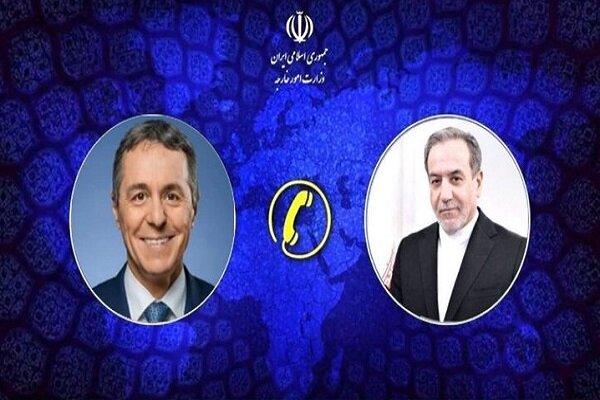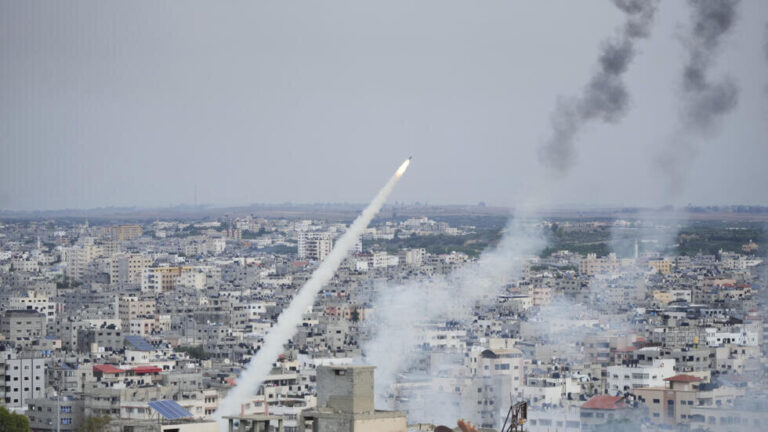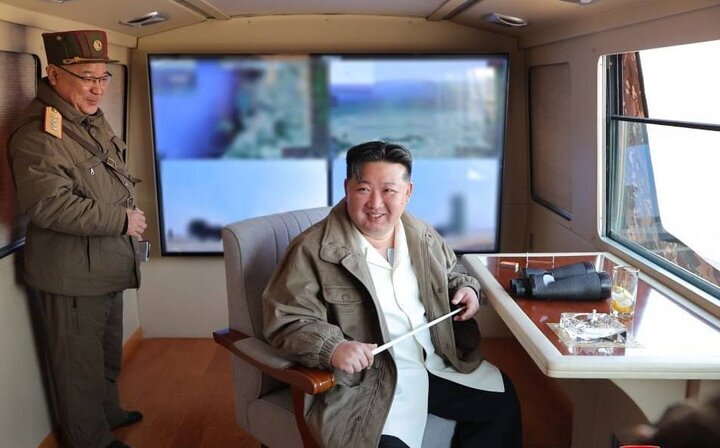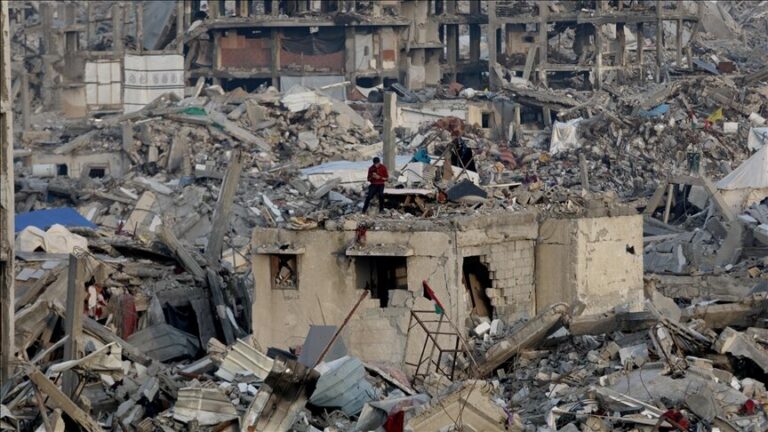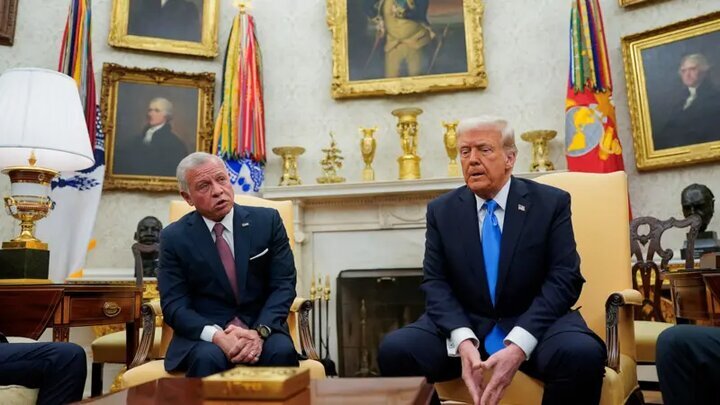Swiss Foreign Minister Offers Support for Iran-US Negotiations
On a significant evening, Iran’s Foreign Minister Abbas Araghchi engaged in a crucial telephone conversation with Ignazio Cassis, the Foreign Minister of Switzerland. This discussion centered on enhancing bilateral relations and addressing various pressing international issues.
During their conversation, Minister Araghchi expressed his gratitude towards Switzerland for its instrumental role in the nuclear negotiations that took place during the 2010s. He also provided Minister Cassis with an update on the latest developments concerning the ongoing indirect negotiations between Iran and the United States.
In response, Minister Cassis conveyed his satisfaction regarding the progress made in the negotiations. He reaffirmed Switzerland’s readiness to extend any necessary support to facilitate the dialogue further. This exchange highlights the importance of diplomatic relations and the role of Switzerland as a mediator in international discussions.
Key Points from the Discussion
- Iran-Switzerland Relations: The conversation focused on strengthening the historical ties between the two nations.
- Nuclear Negotiations: Araghchi thanked Switzerland for its past contributions to nuclear talks.
- Ongoing Talks: Updates were shared regarding the indirect negotiations between Iran and the United States.
- Support from Switzerland: Minister Cassis expressed willingness to assist in advancing diplomatic discussions.
The ongoing negotiations are crucial as both nations navigate their diplomatic pathways amidst a complex international landscape. As they work together, the commitment from both parties to maintain open lines of communication remains a pivotal factor in the success of their discussions.
Minister Araghchi’s acknowledgment of Switzerland’s role underscores the importance of diplomatic mediators in addressing global issues. With a history of facilitating dialogue, Switzerland continues to play a significant part in fostering peace and cooperation in international relations.
Furthermore, the discussions highlight the necessity for continued engagement between Iran and the United States, especially considering the broader geopolitical implications. By keeping the dialogue open, both sides aim to resolve longstanding differences and work towards a more stable future.
The Importance of Diplomatic Engagement
Diplomatic conversations like the one held between Araghchi and Cassis are essential for several reasons:
- Building Trust: Regular communication helps build trust among nations, creating a conducive environment for negotiations.
- Clarifying Positions: Such discussions allow each party to clarify their positions and concerns, paving the way for mutual understanding.
- Encouraging Cooperation: Engaging in dialogue encourages cooperative efforts in addressing global challenges.
- Enhancing Peace Efforts: Continuous dialogue is vital for peace efforts, especially in regions with historical tensions.
The recent conversation reflects a commitment to maintaining a constructive dialogue, which is critical in today’s rapidly changing political landscape. The willingness of both Iran and Switzerland to engage in open discussions illustrates a shared interest in fostering stability and cooperation.
As the world watches and awaits further developments, the role of diplomatic channels remains paramount. The ongoing indirect talks between Iran and the United States will undoubtedly shape the future of international relations in the region and beyond. With Switzerland’s support, there is hope for a positive outcome that benefits all parties involved.
In conclusion, the dialogue between Iran’s Foreign Minister and his Swiss counterpart is a testament to the enduring importance of diplomacy. As nations face complex challenges, fostering communication and collaboration is vital for achieving lasting solutions to global issues.
